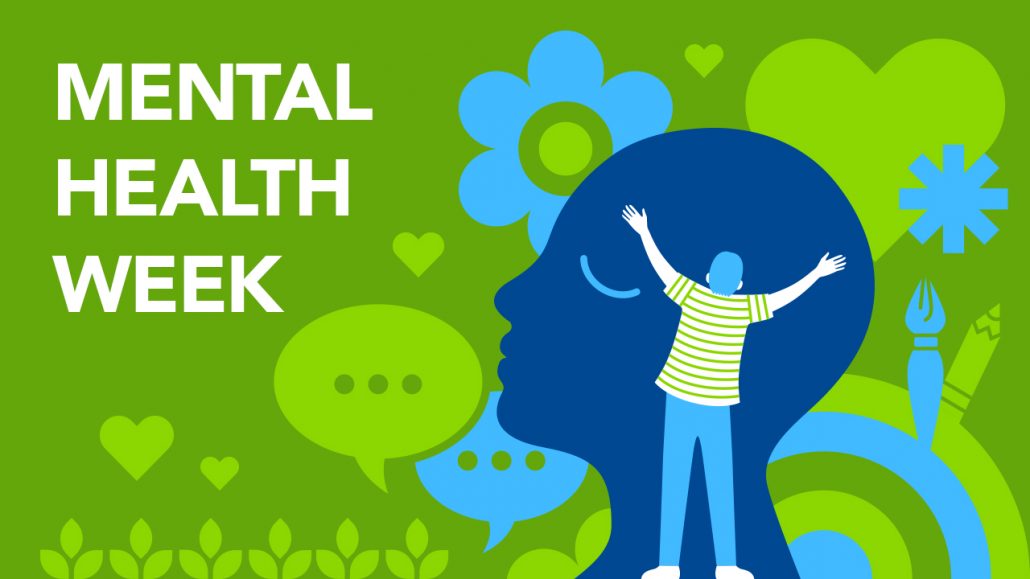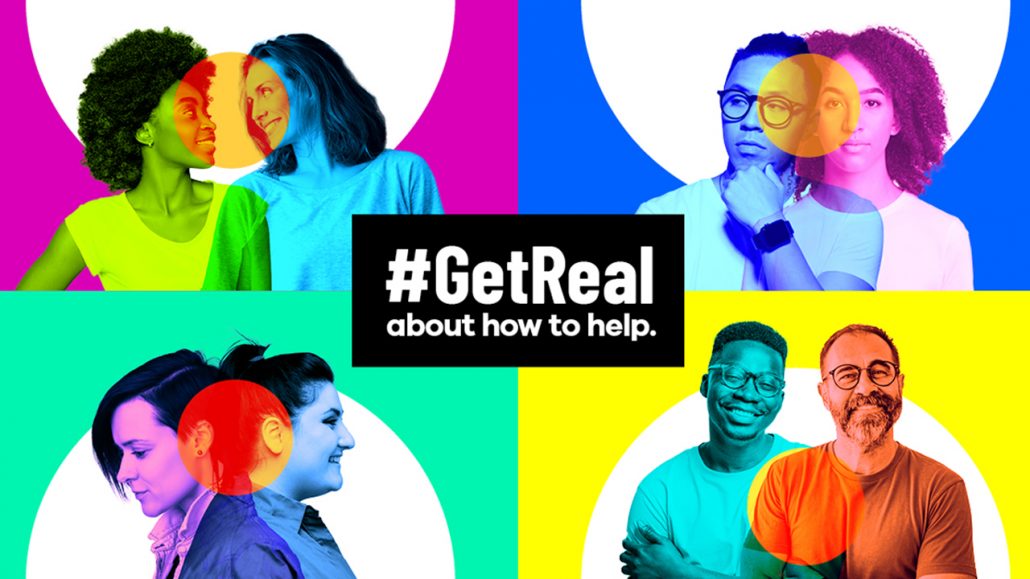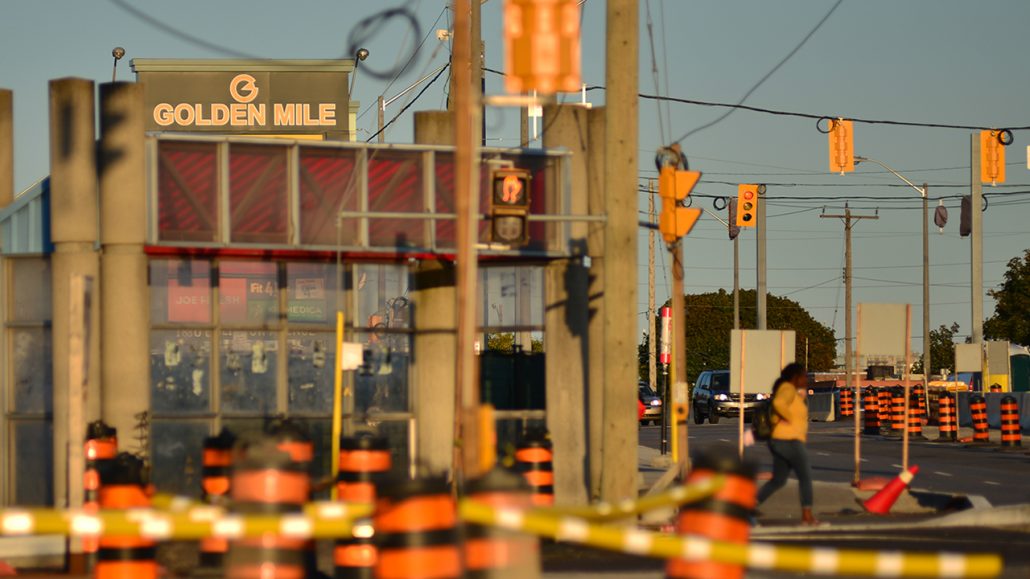
It’s Mental Health Week! Here’s how United Way is working to provide comprehensive mental health and wellness support to everyone who calls the GTA home
Dear Friend,
We’ve been through a lot, haven’t we? Successive waves of the pandemic leaving folks ill, stressed, isolated or out of wages. Young people forced to cope with circumstances difficult for even their parents to accept. Then rising costs making basic needs increasingly unaffordable. To say nothing of the acute stress and pain experienced by our local communities that are dealing with heartbreak from war, conflict, oppression or traumatic discoveries within our own borders.
I could site a hundred different stats and figures on the increases in anxiety and depression (yes, even now), and the disproportionate impact on equity-deserving communities, but the truth is I’m seeing it up close and personal. I see it in our communities, in the staggering number of calls received by United Way-funded 211 and Distress Centres of Greater Toronto; the number of mental health crises our frontline agencies prevent and those they cannot. I hear from our partners about rampant burnout, stress leaves. I see how our own staff have been stretched. And I hear it from you. I sincerely hope you are doing well. But it’s okay if you’re not, and it’s okay to ask for help.
In case you missed it, it is Mental Health Week, led by United Way partner Canadian Mental Health Association (CMHA). It’s an opportunity to reduce the stigma of mental illness and promote mental health services, including the wide range of wellness services we fund. They include culturally appropriate and population-specific programming; peer programs that help people build life skills and reduce social isolation; clinical counselling and addictions supports; and more.
But we know mental health doesn’t exist in a vacuum. It interacts constantly with other aspects of our lives and is influenced by access to decent work; income and food security; social connection; safe, secure and adequate housing; freedom from violence, racism and discrimination, and more. Recognizing the way these issues are interconnected is at the core of how United Way works. Advocating for systems-level solutions. Advancing regional coordination on mental health as a member of Peel Region’s Mental Health and Addictions Action Table. Convening local service providers in York Region. Sitting at cross-sectoral tables in Toronto like Wellbeing Toronto. Supporting policy change by funding initiatives like CMHA Toronto’s research examining the link between mental health and the social determinants of health. Supporting local agencies that meet the mental health needs of their communities—of your communities—in ways best suited for their unique circumstances.
All of these strategies are part of providing comprehensive mental health and wellness support to everyone who calls the GTA home, including you. You’ve been there—and continue to be there—for our community. I hope you know your community is there for you, too. Don’t be afraid to ask for help if you need it. And thank you for continuing to offer your support to others.
Always, and only, grateful for what you do, and who you are.
Daniele Zanotti
President & CEO
United Way Greater Toronto
P.S. Call 2-1-1 or visit 211.ca to connect to free, confidential services in your community. If you’re in distress or need emotional support, contact Distress Centres of Greater Toronto at dcogt.com, call 416-408-4357 or text 45645.
Things to Know Right Now

Mental Health
211, the free helpline founded and funded by United Way, is reporting that the demand for crisis intervention and counselling services continues to rise. Mental health-related calls include people seeking affordable housing or emergency shelter, experiencing homelessness, facing eviction or requiring rent assistance. At the same time, food insecurity calls remain high as the cost of food soars. To address these interlocking issues, United Way partners with local agencies that provide culturally sensitive wraparound supports that are often led by people from the communities being served. Programs like Black Creek Community Health Centre’s Health and Wellness Navigator. A recipient of United Way’s recent Community Program grants, this program will collaborate with community partners to provide residents who live with chronic disease and mental health issues a suite of services, including individual and group counselling, chronic disease counselling and food security programs.

Employment
In Scarborough’s Greater Golden Mile, a community-owned construction company is helping to match local trades workers with jobs. The company is Aecon-Golden Mile (A-GM), and it’s a model for a different way of doing business. A-GM is majority owned by the Centre for Inclusive Economic Opportunity, Golden Mile (CIEO), which brings together community agencies that are well positioned to help residents access the tools they need to benefit from the economic growth taking place in their neighbourhood. With the province estimating there will be a shortage of 350,000 people in skilled trades by 2025, programs like these are a win for residents, businesses and the public sector alike. Learn more about CIEO and other innovative pilots being implemented in the Greater Golden Mile through the United Way-BMO Inclusive Local Economic Opportunity (ILEO) Initiative.
Local Love in Action
May is both Asian Heritage Month and Jewish Heritage Month, the perfect time to celebrate these vibrant communities in our region. Learn more and show your support:
- May 20: Toronto’s Stackt Market is hosting an Asian Heritage Night Market which will showcase Asian-owned small businesses and include food and beverage specials, games, and DJs.
- May 25: The Chinese Cultural Centre of Greater Toronto is hosting Tribute to Friendship between Jewish and Asian Canadians, a two-week art exhibition featuring artists from the two communities.
- May 25: United Way-supported CASSA is hosting a South Asian Heritage Month panel discussion all about mental health. It will feature South Asian mental health advocates who are leading real change in their communities.
- Ongoing: Learn about the history of Toronto’s Jewish community and the challenges and opportunities they faced in the early twentieth century through the Ontario Jewish Archives, i.e., virtual tour of Toronto’s Kensington Market.
Update from the Frontlines

This past Thursday we honoured the National Day of Awareness for Missing and Murdered Indigenous Women, Girls and Two-Spirit People, also known as Red Dress Day. It’s a day to remember those who have been victims of violence and to raise awareness about this crisis that has devastated Indigenous communities across the country. As the National Inquiry into Missing and Murdered Indigenous Women and Girls made clear, we all have a role to play in rectifying this injustice. Here at United Way, that means working to advance reconciliation by addressing the social inequities faced by Indigenous peoples in our region. This work is informed by our Indigenous community partners and accomplished through collaboration with Indigenous-led and serving organizations. We will continue to consult with communities and evolve our approach, and we hope you join us in continuing to reflect, listen and learn. We recommend reading (or re-reading) the National Inquiry’s Calls for Justice to see what you can do right now. We also recognize that this may be a triggering time for some. If you need support, the National Inquiry into Missing and Murdered Indigenous Women and Girls 24/7 national support line is available at 1-844-413-6649 as is the Hope for Wellness Helpline at 1-855-242-3310.
You Might Also Like
- Diversity and inclusion in the workplace is a challenge—and an opportunity
- Running on Empty: how community mental health organizations have fared on the frontlines of the pandemic